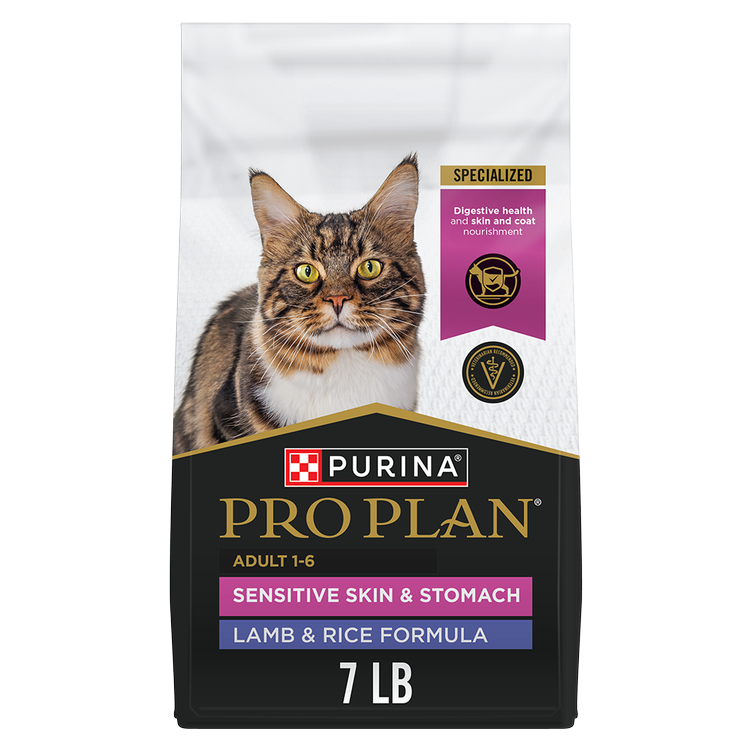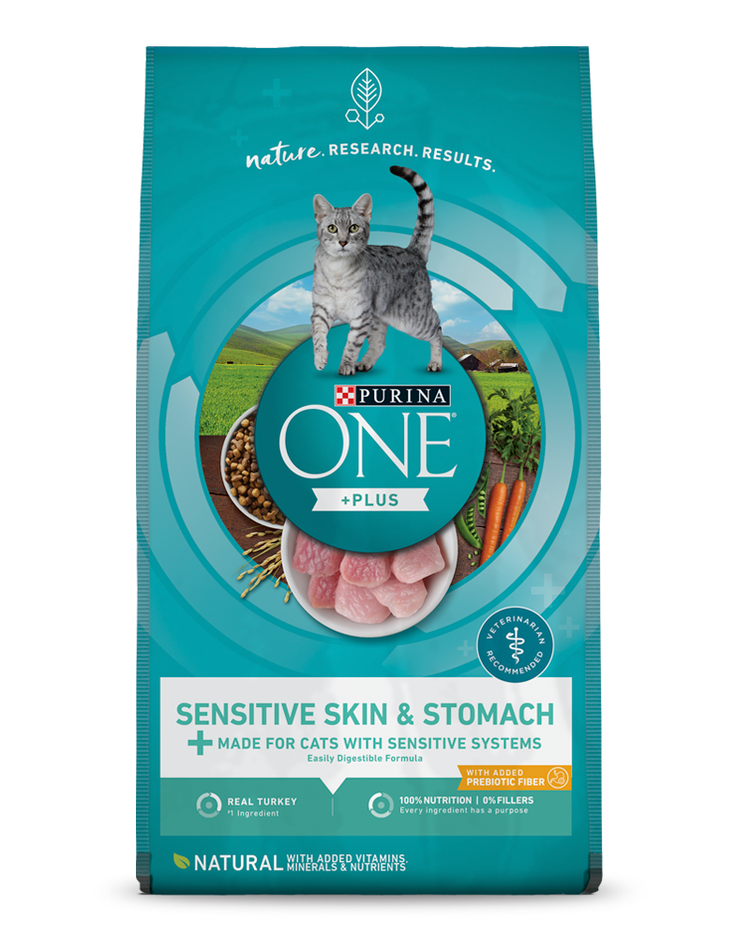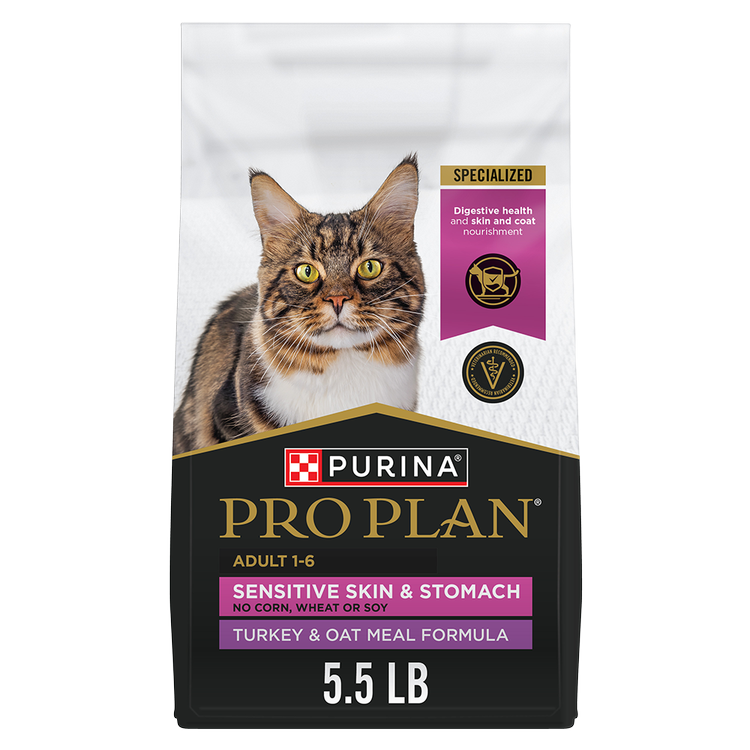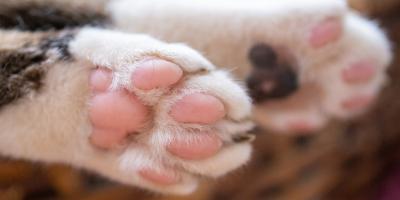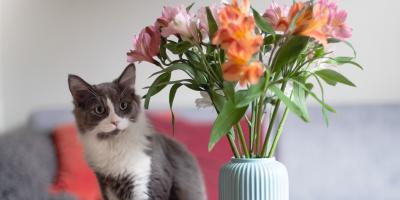Promote a Healthy & Shiny Cat Coat

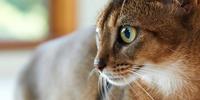
A cat’s skin and coat are the most visible signs of their health and vitality. The skin and coat are an important part of the body’s protective mechanisms against environmental irritants, from infectious agents to temperature gradients.
In addition, a cat’s coat is often of great aesthetic importance to their owners. More importantly, it can be an indicator of their overall health and that it may be time to visit the veterinarian.
One of the essential components to nourishing a cat’s skin health is good nutrition. A healthy cat coat depends on normal keratinization, which requires an adequate supply of several nutrients, including protein, fatty acids, zinc, copper and vitamins A and B.
Deficiencies in numerous essential amino acids, fatty acids, vitamins or minerals can cause various skin conditions. Suboptimal nutrition may also increase susceptibility to parasites, such as mange mites, fleas and lice, and skin infections.
Protein Deficiency and Your Cat’s Skin & Coat Health
The skin contains a large amount of protein and is a major source of protein reserves when intake is inadequate. The hair shaft is comprised primarily of alpha-keratin protein. Protein deficiency can cause red, flaky skin, loss of hair color and hair breakage. A lack of protein may present as crusty skin lesions with patchy spots and dry, brittle coats.
Fat & Fatty Acid Deficiency and Your Cat’s Skin & Coat Health
Flaky scales, coarse, lusterless coats or hair loss and itchy skin, are among the changes seen with essential fatty acid deficiency. Essential fatty acids may be neutralized or rendered ineffective in poor quality foods, foods stored for too long at high temperatures, or those inadequately preserved with antioxidants.
Animals fed these foods may show evidence of essential fatty acid deficiency. Such signs may also be observed in pets fed low-fat diets for extended periods, pets with fat malabsorption syndromes or those with unusually high requirements for these nutrients.
Vitamin & Mineral Deficiencies and Your Cat’s Skin & Coat Health
Zinc deficiency can be detrimental to your cat’s health. One of the telltale signs is if you start to notice hair loss, and crusty skin lesions. These are often found, but not limited to, joint areas and foot pads. Other symptoms may include diarrhea, unhealthy nails, eye problems and loss of appetite, all of which are good reasons to get in touch with your veterinarian as soon as possible.
Copper deficiency can also show worrying symptoms, including loss of normal hair coat color, hair loss and rough hair coat.
Pantothenic acid deficiency can lead to loss of hair pigment and hair loss. Such deficiencies of B-vitamins are rare among pets fed quality commercial pet foods. However, since table scraps, treats and other foods can make up a large portion of the diet for many pets, deficiencies may occur.
Vitamin A deficiency can appear like an essential fatty acid deficiency and can lead to dry, scaly skin. Excessive vitamin A also causes skin lesions similar to those of vitamin A deficiency, including dry skin, hair loss and itchiness.
Best Cat Food for Healthy Skin & Coat Appearance
While you may already have your cat on a complete and balanced formula, it may be beneficial to feed them healthy skin and coat cat food. If you’re looking to support your feline’s overall health, take a moment and explore the nutrition on cat food labels to ensure they’re getting everything they need.
If you’re worried about your cat’s skin and coat health, the first step should be to reach out to your veterinarian and let them assess the issue. If it is indeed diet related, discuss proper cat food nutrition with them. Chances are, with the proper diet, their skin and coat will be looking their shiny best in no time.
For more tips on cats and kittens, hear from our pet experts on our Pet Expertise page.
Related articles

Earn myPurina Rewards with Every Purchase
Use your points for treats, toys, and gift cards with myPurina app.

